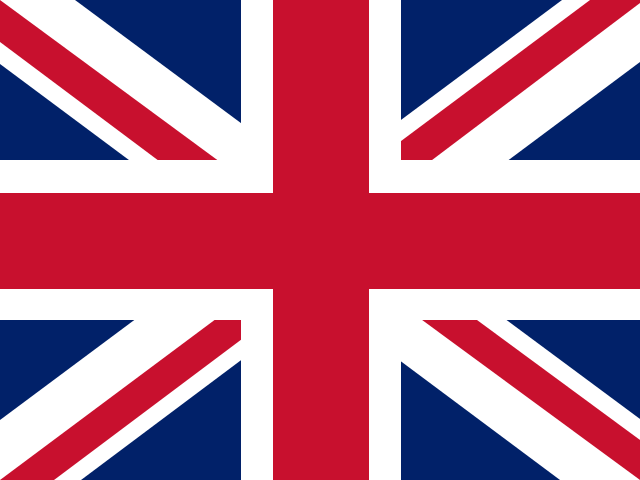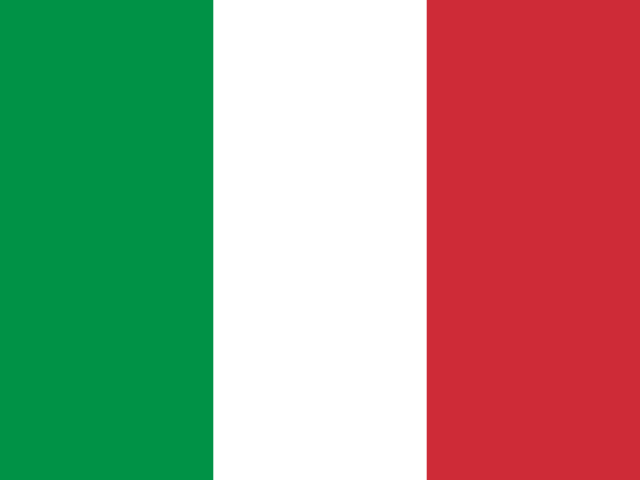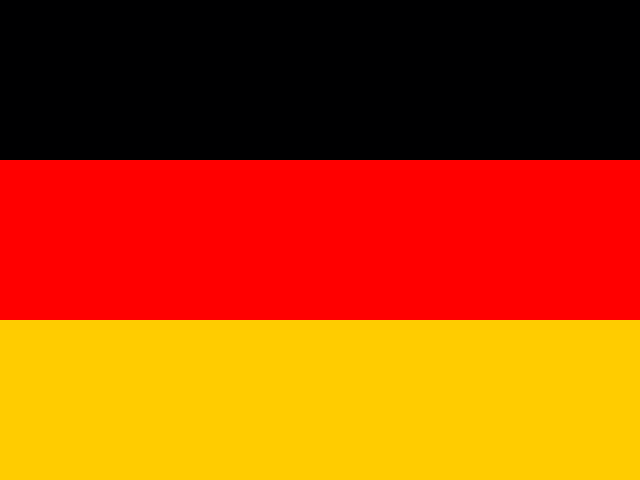OTAs (Online Travel Agencies) have clear advantages and disadvantages for accommodation facilities.
Advantages of OTAs
They offer global reach and a wide audience, increasing the visibility of the property even in lesser-known destinations.
They invest heavily in marketing and SEO, ranking high in search engines and attracting a large number of potential customers.
They provide an intuitive and user-friendly booking system, enhancing the customer experience.
They help reach new market segments, such as business travellers and digital nomads.
They can enhance the digital marketing activities of establishments and offer analytical tools to manage revenue and pricing.
They offer greater confidence to users thanks to established brands and reliable reviews.
Disadvantages of OTAs
Booking commissions, typically between 15% and 20% or more, reduce the profitability of establishments.
Bookings made through OTAs may have more flexible cancellation terms, increasing the risk of last-minute cancellations.
Organisations lose some control over the customer experience, reducing the possibility of personalisation and creating direct relationships.
It can create a dependency on OTAs, which poses a risk if the platform changes its terms and conditions or ceases to operate.
Less control over the image and promotion of the property, as management is entrusted to the OTA.
Therefore, OTAs are a powerful tool for increasing visibility and bookings, especially for independent properties, but the costs of commissions and loss of control must be balanced with direct booking strategies that improve long-term profitability.
Strategies to increase direct bookings
To increase direct bookings, key strategies include a combination of online optimisation, personalisation of offerings, and targeted marketing.
Key strategies for direct bookings
Optimise your establishment's website, ensuring that it is mobile-friendly, with a booking engine that is simple and quick to use. It should include clear and visible calls to action for direct bookings.
It offers exclusive incentives for those who book directly, such as complimentary upgrades, complimentary services, special packages (e.g. gourmet dinner, spa), or better rates or more flexible cancellation terms than OTAs.
Create customised temporary offers, such as seasonal or event-related packages, which create a sense of urgency with cadences and countdowns.
Use email marketing to build a customer list and send personalised communications (special birthday offers, family packages, loyalty discounts) aimed at building loyalty and encouraging repeat bookings.
Implement targeted digital marketing campaigns with advertising on Google, social media, newsletters and engaging content to drive qualified traffic to your website.
Improve guest relations by offering personalised experiences and direct assistance, also using reviews to maintain high levels of trust and promote your establishment.
Offers a direct communication channel (telephone, chat, messages) for assistance and quote requests.
Applying these strategies increases profitability, reducing dependence on OTAs and promoting a more profitable and personalised direct relationship with guests.
How to create your own tourism BRAND
Create a own brand for a holiday home It is an effective strategy for disintermediating from OTAs, attracting direct bookings, and building a more direct relationship with guests. Here's how to proceed:
Building a brand for a holiday home
Define your brand identity: identify the unique values of your holiday home, your target customer base (families, couples, business travellers, etc.), and its distinctive style (cosy, luxurious, eco-friendly, traditional).
Create a memorable name and logo that are consistent with your identity: they should be easy to remember, easily recognisable and convey the experience you offer.
Develop a professional and optimised websiteIt must be user-friendly, responsive (mobile and desktop), with an easy-to-use direct booking system and pages rich in SEO-friendly content about services, local attractions and high-quality photos.
Manage your social media presence with authentic and engaging content that recounts experiences, guest stories, and local tips, also leveraging videos and live streams to increase engagement.
It offers exclusive, personalised experiences that represent the brand's added value (hospitality, services, small details such as local products or personalised guides).
Actively manage online reviews and reputation by responding promptly to all feedback to build trust and transparency.
Design targeted digital marketing campaigns, using SEO, Google Ads, social media advertisements, and newsletters to drive qualified traffic to the direct site.
Collaborate with influencers or bloggers in the sector to increase brand visibility.
Offer loyalty programmes or exclusive discounts for regular customers to build loyalty and encourage direct bookings.
The key is consistency in communication and quality of experience, which transform the holiday home into a recognised brand, increasing customer trust and reducing dependence on OTAs. Investing in the brand means taking care of every detail of the customer's journey, from the online preview to the post-stay.
If you need a web strategy to disintermediate and increase your direct sales click here




